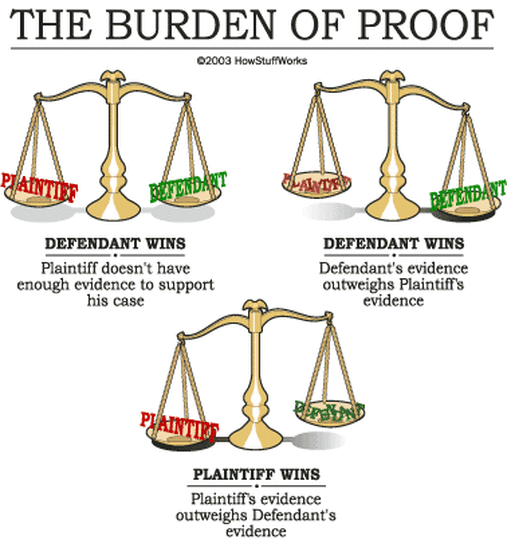

For example, a store owner who fails to clean up a spill that has not been reported is likely to be found guilty of ordinary negligence. Ordinary negligence is negligence that is unintentional and caused by things like carelessness, inattention, or ignorance. What Are Some Examples of Ordinary and Gross Negligence? A waiver does not release a person or business from taking reasonable precautions to protect others. For example, if a skier signs a waiver of liability for accidents at a ski resort, that does not mean they sign away their rights to sue if the resort or its employees are grossly negligent. In Colorado, with its many opportunities for outdoor adventure, this can be especially significant. A finding of gross negligence may result in higher levels of compensation for the victim(s) of the negligence.Īnother important reason to determine the level of negligence is that in cases of gross negligence, waivers signed by the victim may become unenforceable. In a personal injury case, the difference between ordinary and gross negligence can determine the degree of fault or liability of the negligent party, and this can affect what the victim is entitled to in terms of compensation for the harm the negligence caused. Why Does it Matter if the Negligence is Ordinary or Gross Negligence?

Gross negligence, on the other hand, involves someone willfully or intentionally failing to prevent harm to another person, or knowingly failing to act in the way any reasonable, responsible person would act in similar circumstances. In other words, there is no intention to be negligent. Ordinary negligence is negligence caused by absent-mindedness, carelessness, or ignorance, for example.


 0 kommentar(er)
0 kommentar(er)
